The other day, I was talking to my granddaughter, Stella, and I said something about “cutting the mustard.”
She stopped me mid-sentence.
“What does that mean, Nanny? Cutting the mustard?”
(Picture me scratching my head.)
Cut the mustard?
What a funny saying.
This mustard?
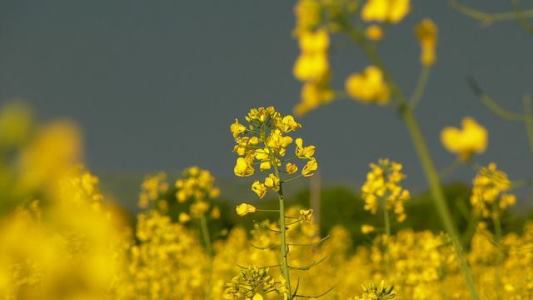
Photo by Petr Pakandl via Wikimedia Commons
That mustard?
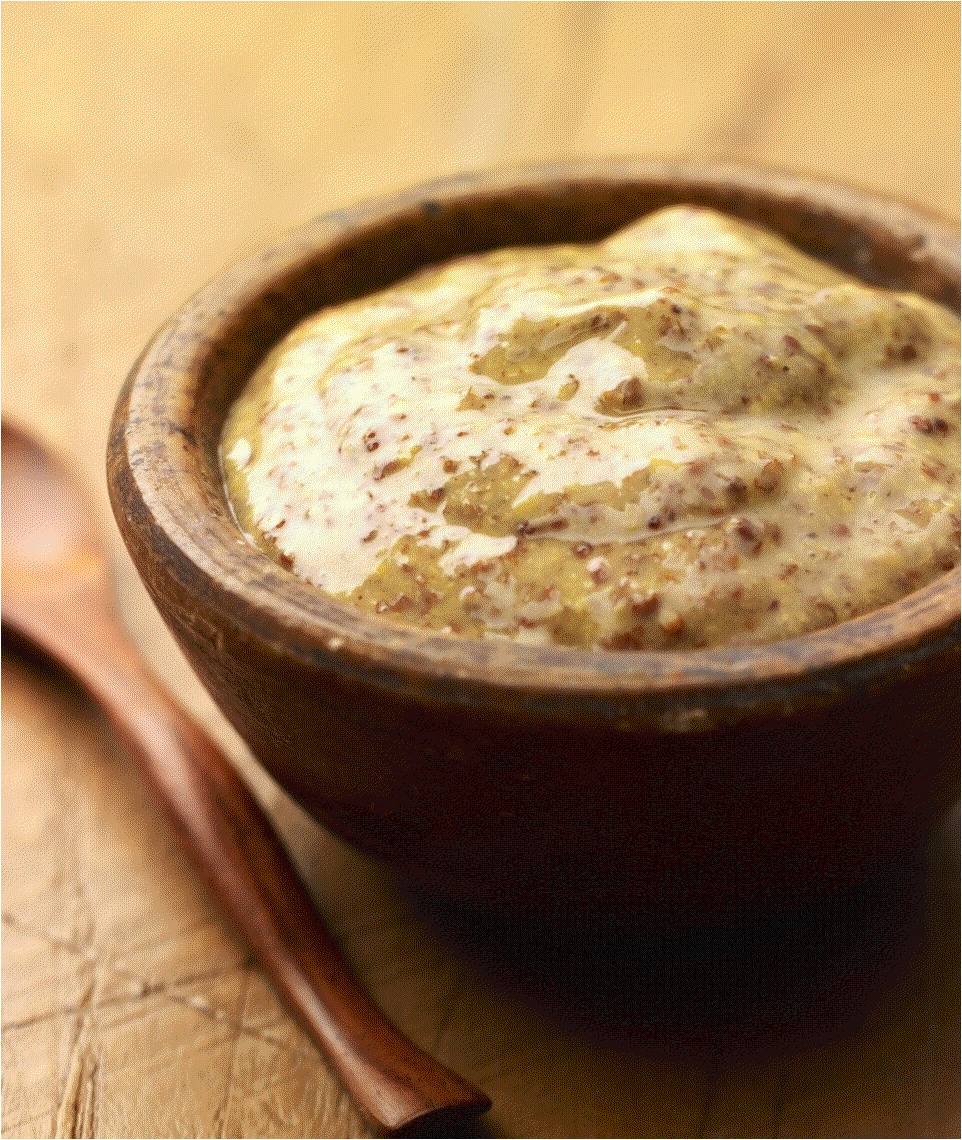
Creole mustard, photo by Mwaters1120 via Wikipedia
Hmmm …
I told Stella that the saying means, basically, “to be good enough, to do the job well.”
But I also told her I’d investigate the origins of “cutting the mustard,” be it wild-growing or a zesty spread.
What I found was a series of suppositions:
1. Both mustard plants and their seeds are tough to cut, making success a high bar.
“When mustard was one of the main crops in East Anglia, it was cut by hand with scythes, in the same way as corn,” explains Phil Pegum in The Guardian. “The crop could grow up to six feet high, and this was very arduous work, requiring extremely sharp tools. When blunt, they would not cut the mustard.”
2. Culinary mustard is often cut (diluted) with vinegar to make it more palatable, which, one might presume, indicates a job well done.
3. “Another supposed explanation,” proposes Gary Martin of The Phrase Finder, “is that the phrase is simply a mistaken version of the military expression ‘cut the muster’. This appears believable at first sight. A little research shows it not to be so. Muster is the calling together of soldiers, sailors, prisoners, to parade for inspection or exercise. To cut muster would be a breach of discipline; hardly a phrase that would have been adopted with the meaning of success or excellence.” Well, now we can check that one off the list.
“Whatever the coinage, the phrase itself emerged in the United States towards the end of the 19th century,” Martin continues. “The earliest example in print that I’ve found is from the Kansas newspaper The Ottawa Herald, August, 1889.”
The quote read:
He tried to run the post office business under Cleveland’s administration, but couldn’t “cut the mustard”.
Martin surmises that the use of quotation marks in the clip implies that the saying was familiar to readers and already used in common speech.
While my findings may not exactly cut the mustard, I hope they at least pass muster.
Stella will be the judge.
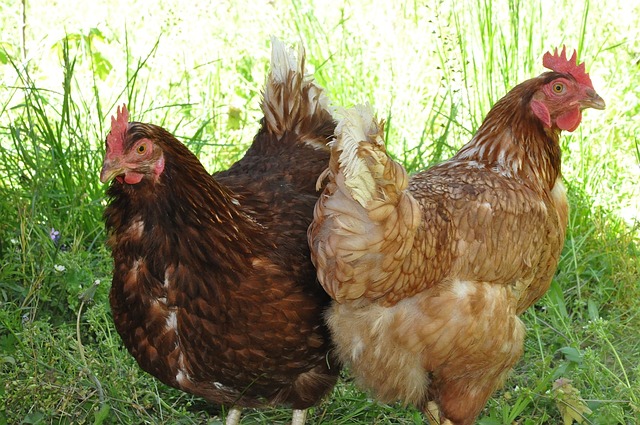
















































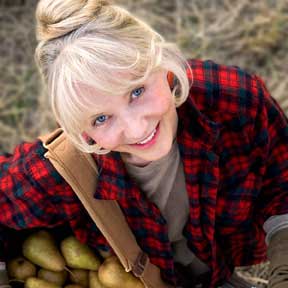



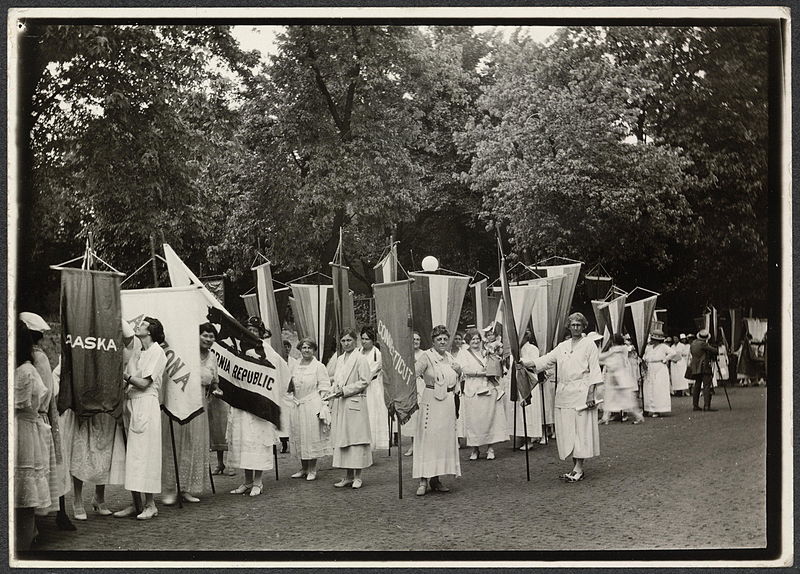










What a great word. Few people would even know what you meant if you said it. I wonder if the Walrus ever told Alice she looked frabjous? Love, love, love that cute photo from 1909!
O Frabjous Day! Callooh! Callay!” We have The Jabberwocky in a gorgeous poetry anthology, and I love to read it aloud! “Twas brillig and the slithy toads…” And, of course, for anyone who has grandboys: “Come to my arms, my beamish boy!”
Oh I can find many opportunities to use this word, but first, thank you to Karlyne for mentioning The Jabberwocky!! I feel a fun reading experience coming on.
Just re-reading my comment, and I immediately thought, “It’s not toads-it’s toves!” So I went and checked and it is indeed “toves”. And they’re gyring and gimbling in the wabe, by the way…
Anyway, Cindi, be sure to read it out loud, even if you can’t find an audience!
Yep recognized that work instanter ( 20’s british slang for instantly)
Mis-spelled words help us be creative and invent new ones. That’s what the dictionary is for; those of us who invent. Love it kid….keep writing and inventing!